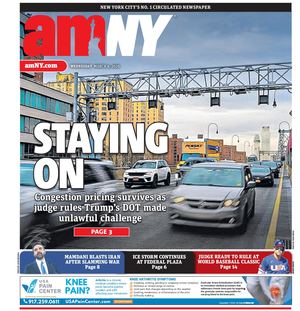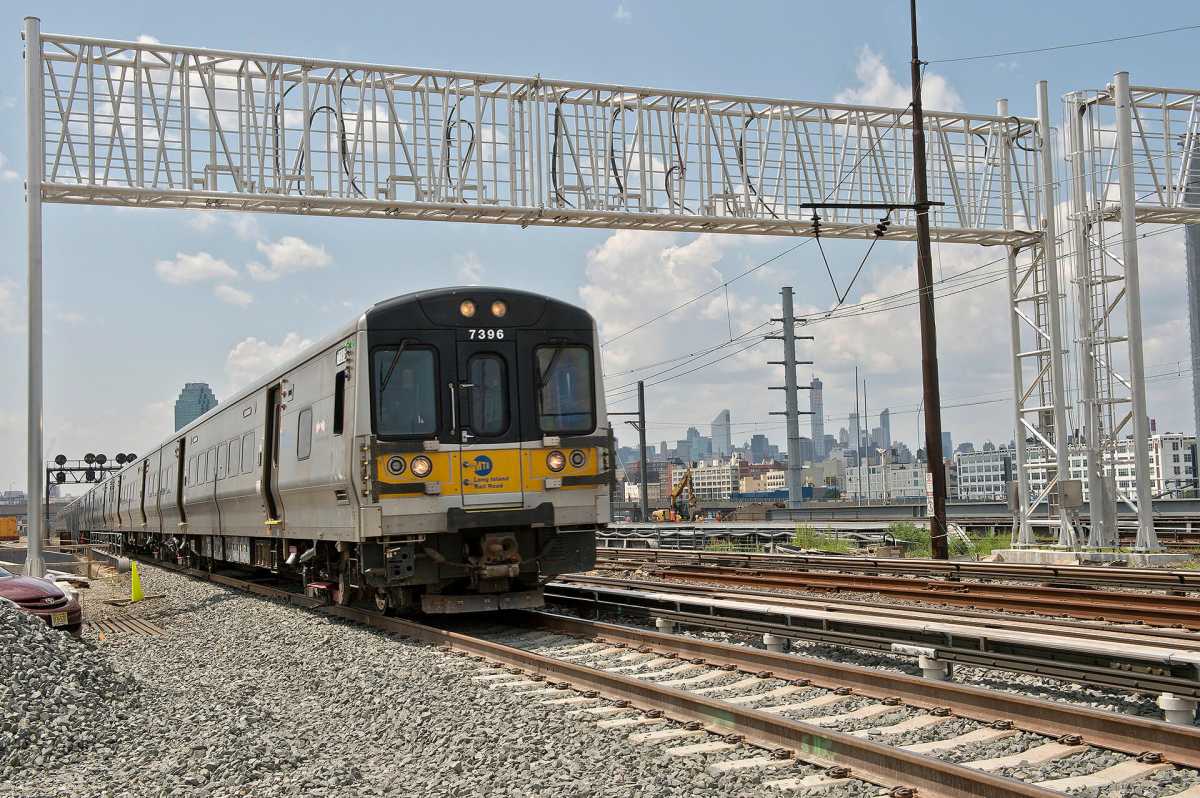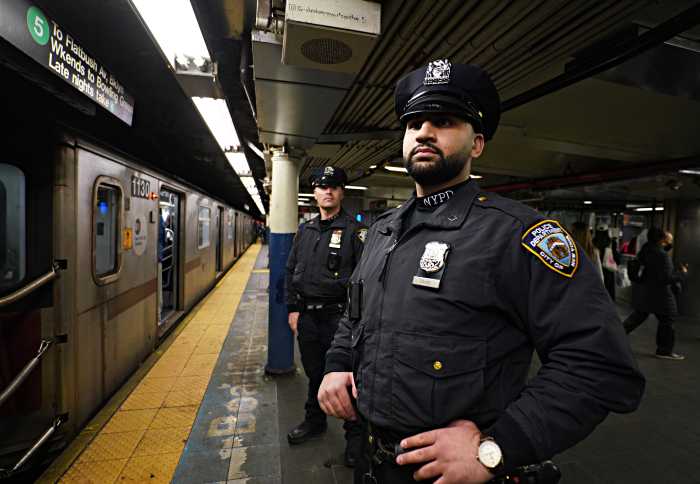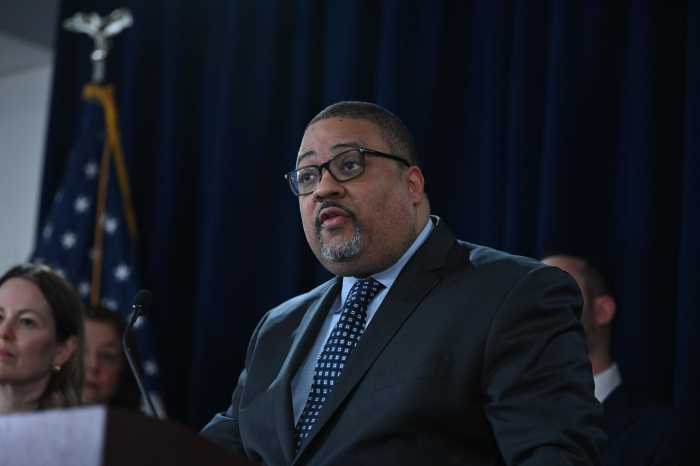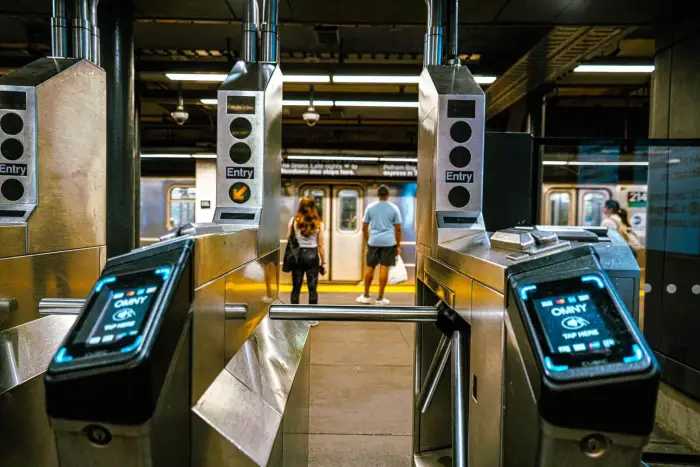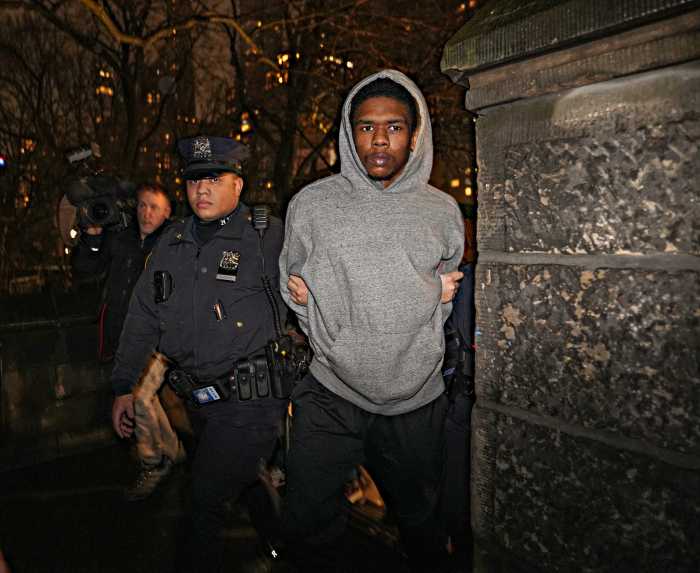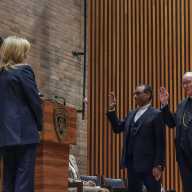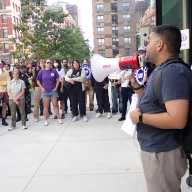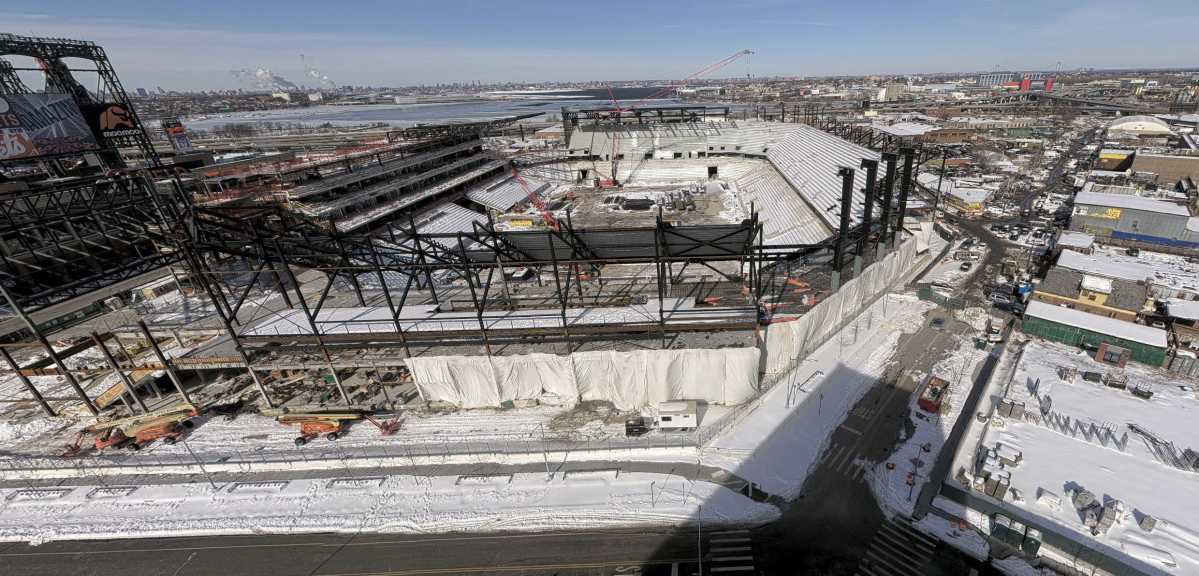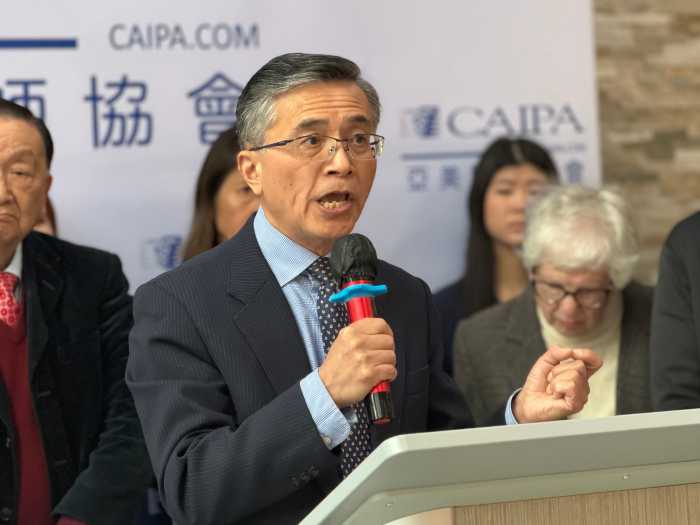There’s nothing like the threat of a strike to remind us that transit is essential. The work stoppage called off last week by union officials would have wiped out Long Island Rail Road (LIRR) service for almost 300,000 daily riders, gut-punching the regional economy in the process. It could still happen in January or even next spring after the clock runs out on the union’s requested federal mediation.
The MTA is ready to negotiate. We agreed to binding arbitration months ago and are open to finding solutions that could deliver some of the extra wages the unions are seeking in exchange for more efficient work rules – the very same approach that resolved the recent New Jersey Transit strike.
But so far, the unions have resisted changes to their byzantine work requirements, which are among the driving factors behind LIRR’s hefty overtime spending. We have already highly paid engineers getting an extra day’s pay (or two or three!) if they operate a diesel and electric locomotive on the same day or just move a train around in the yard at the end of their shift. These crazy rules cost taxpayers millions of dollars, and we are prepared to buy them out at a fair price to put an end to that nonsense once and for all.
Long Islanders – as well as our growing contingent of riders in Queens and Brooklyn – deserve better, and we’re determined to deliver. We’ve made incredible gains in on-time performance (OTP) and overall service since the completion of Third Track and the opening of Grand Central Madison. OTP is consistently hitting 97% or higher, and last month the railroad reached its highest five-day ridership average since the pandemic – more than 288,000 riders.
And it’s not just the LIRR breaking records. The subways – which were so integral to our contingency plans for the potential strike – carried a post-COVID high 26.8 million passengers the week of September 8, with more than four million riders every weekday. That hadn’t happened since before the pandemic. Doesn’t hurt that last month was also the safest August underground in recorded history.
We are thrilled to be welcoming more New Yorkers back to transit with strong service. For that to continue, we need to come up with fair contracts for all of our LIRR workforce – contracts that won’t force additional fare increases down the line or ignite a labor relations free-for-all by undermining existing agreements. I’m determined to get there.
Janno Lieber is the CEO of the Metropolitan Transportation Authority.
